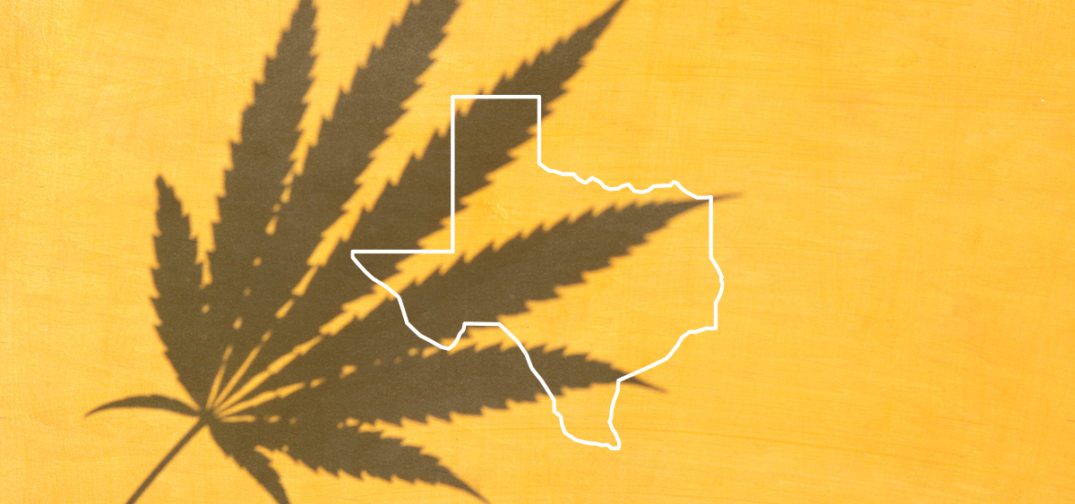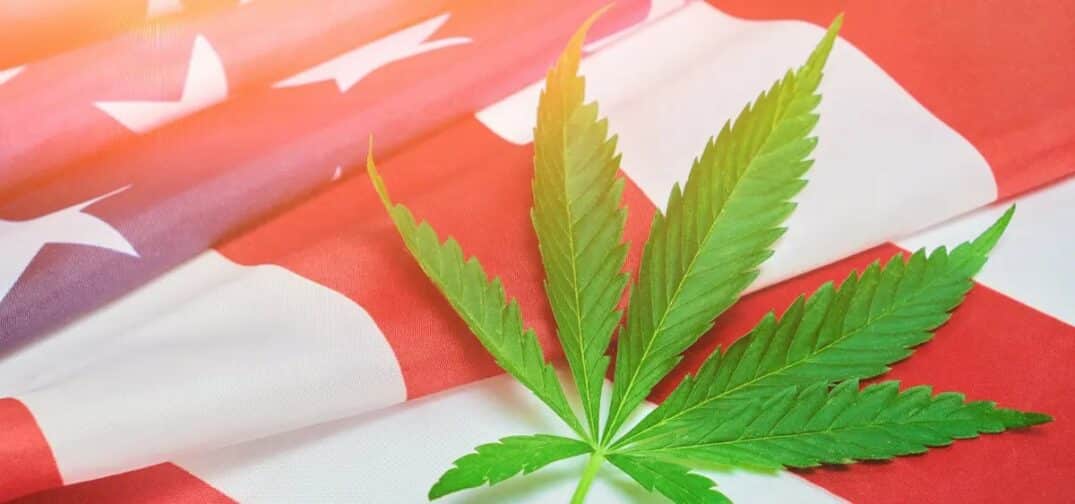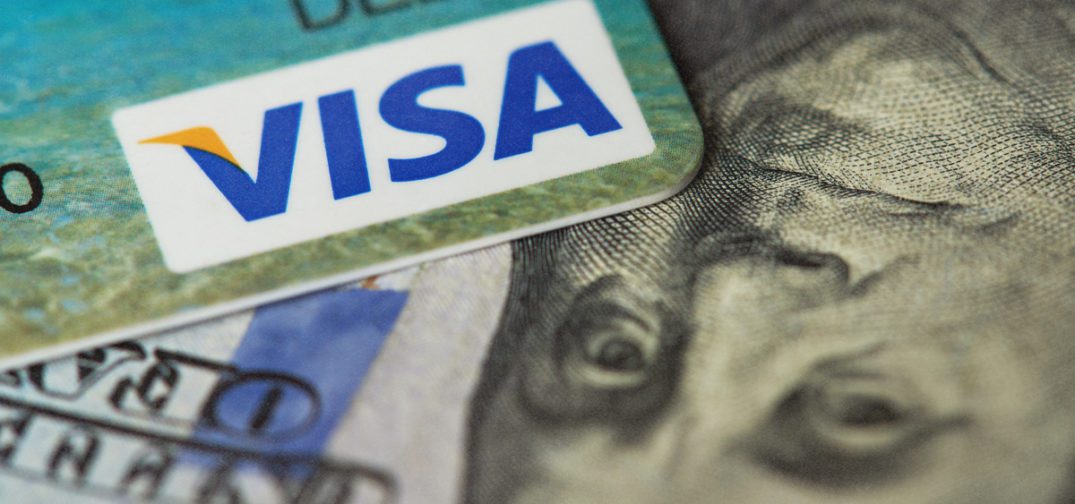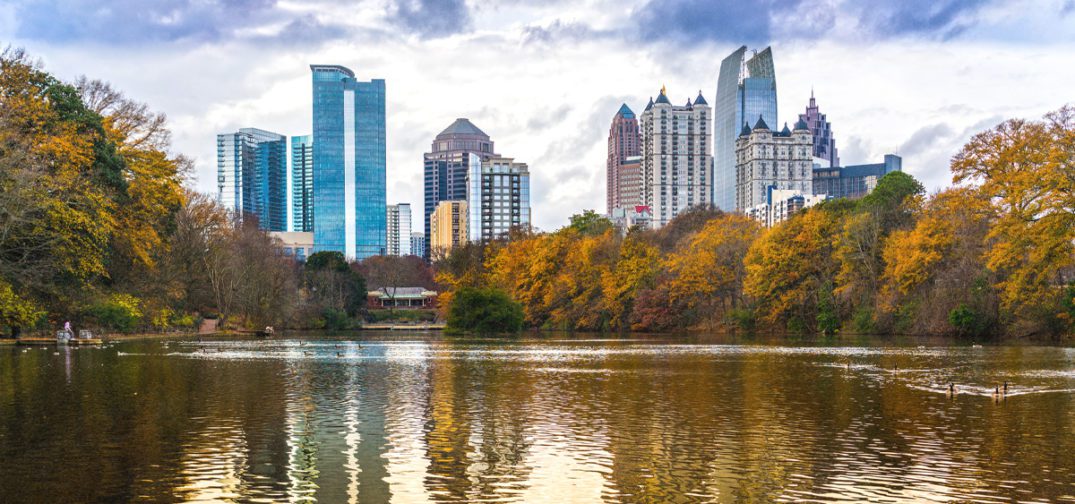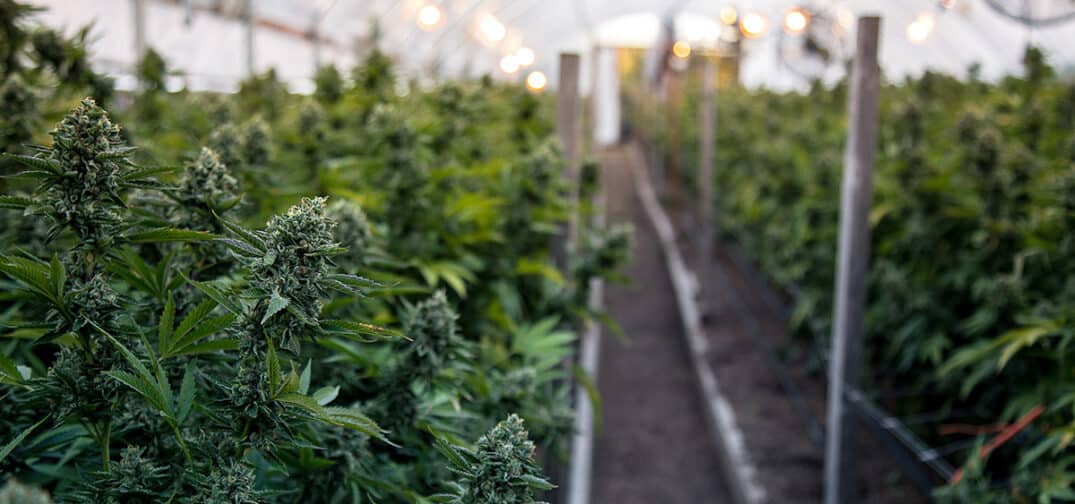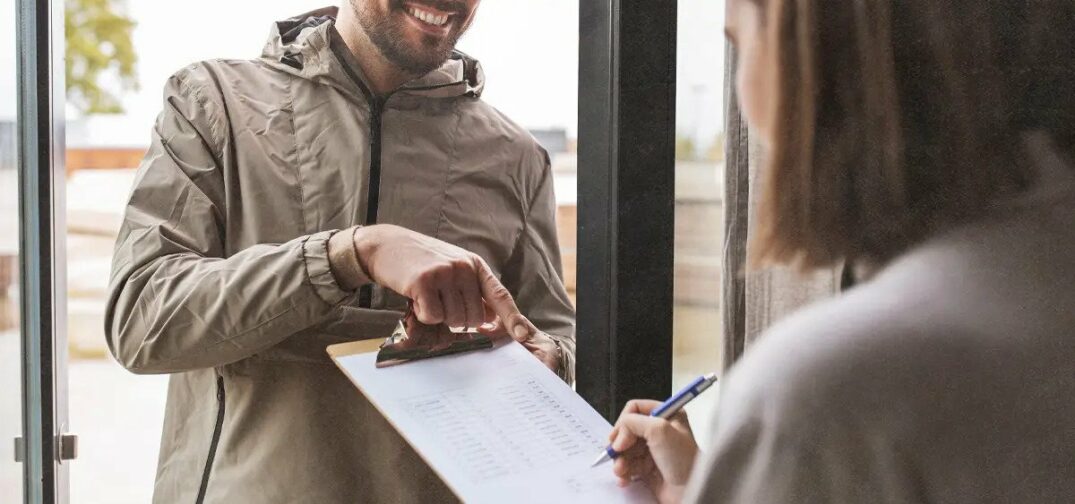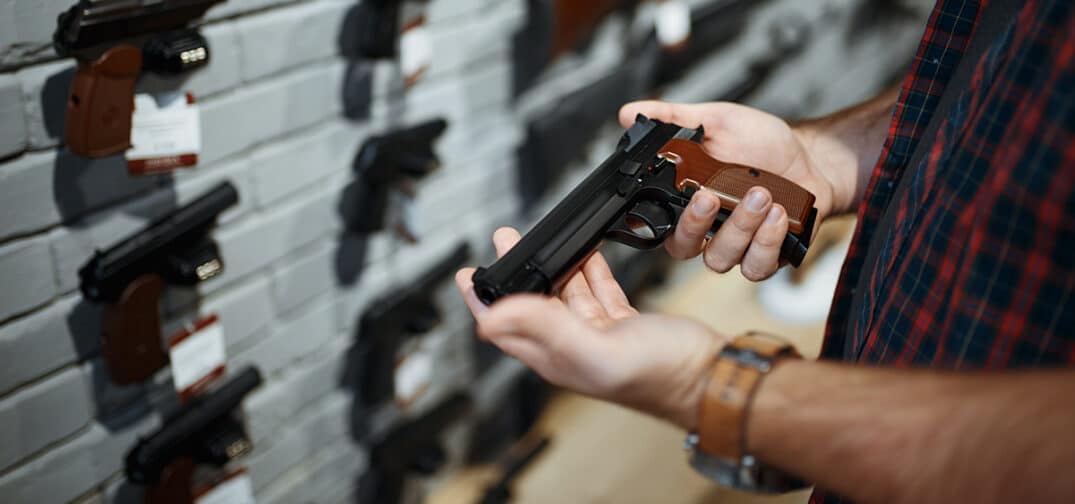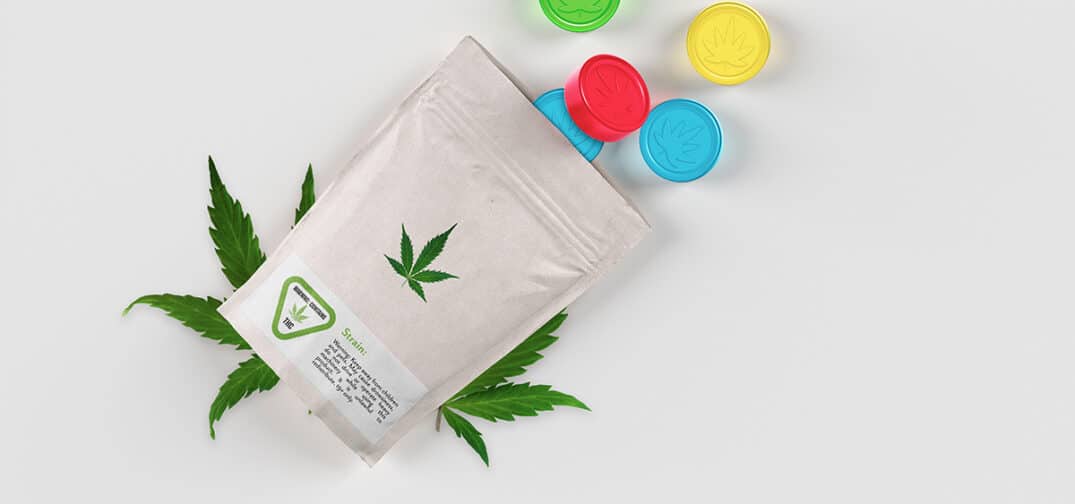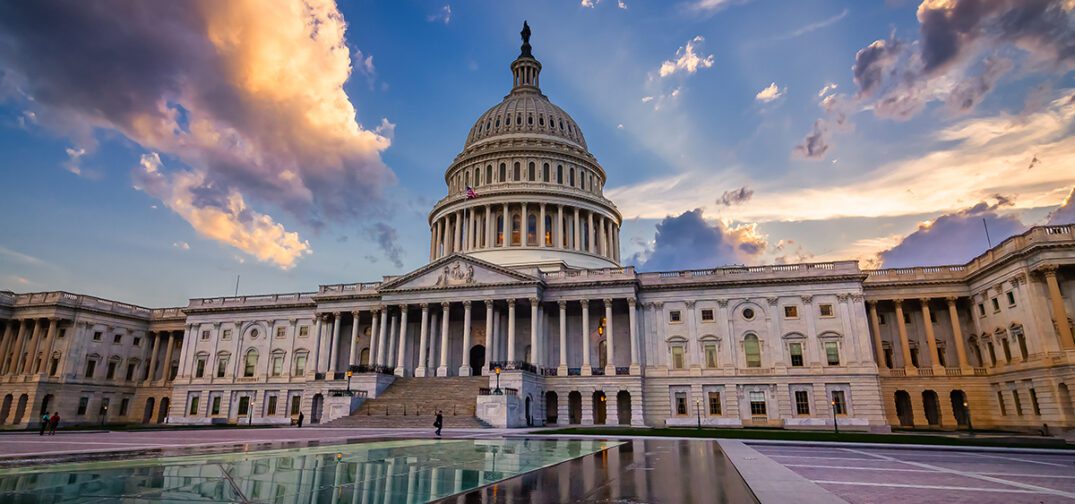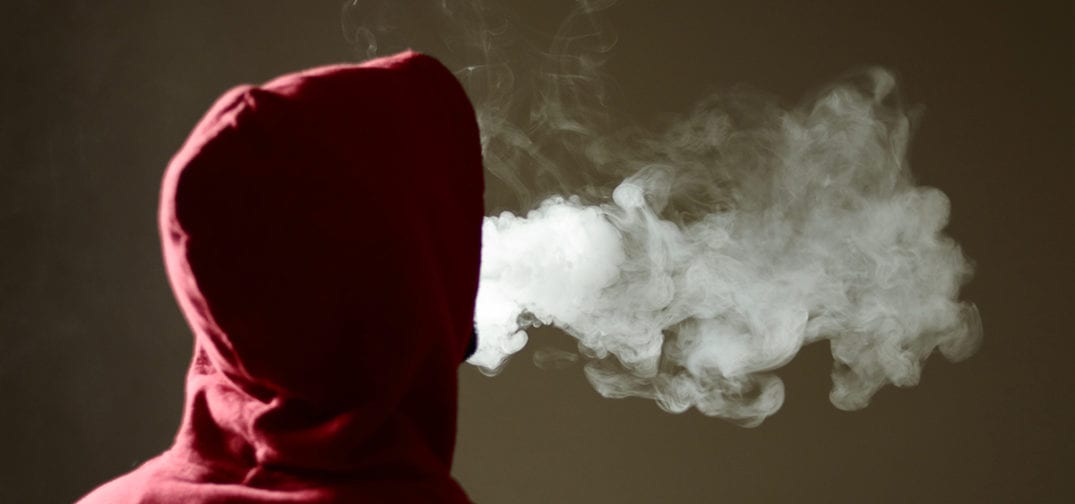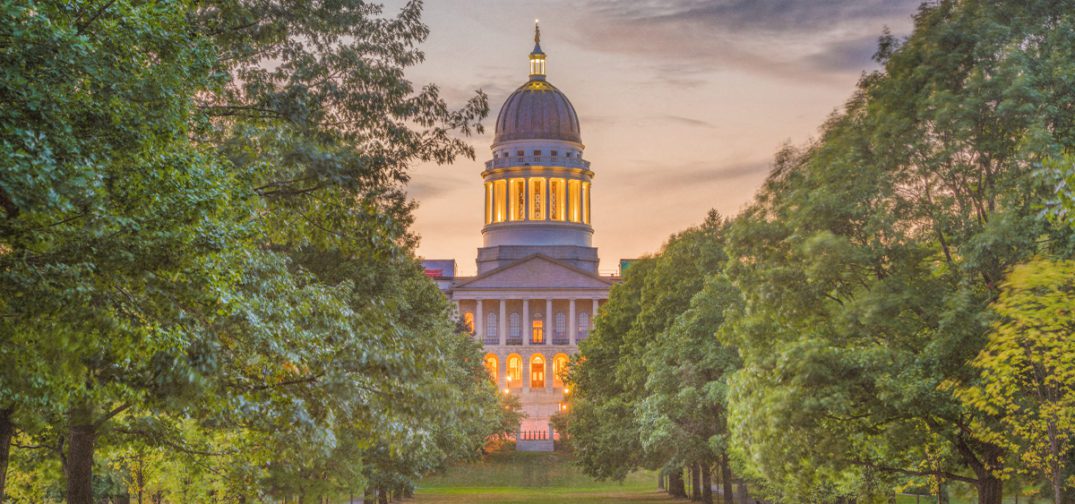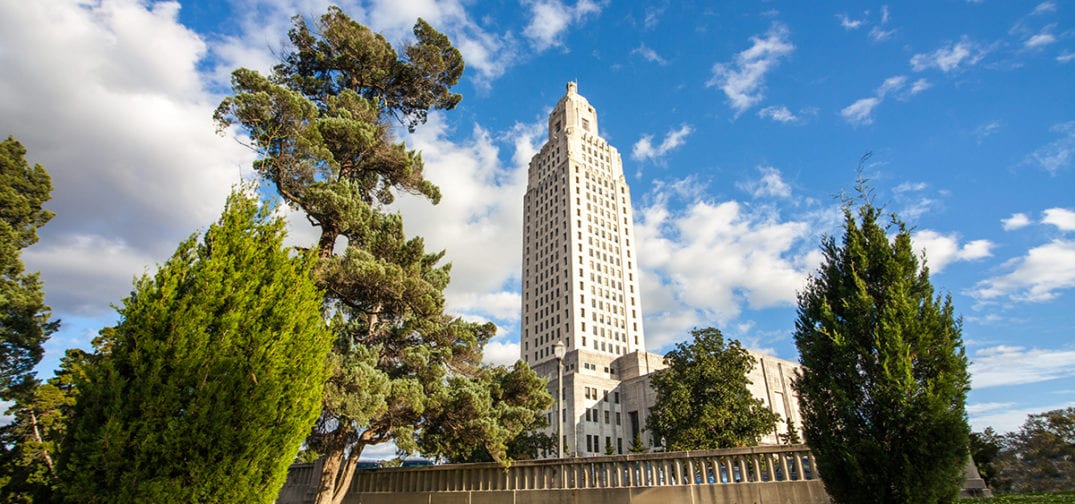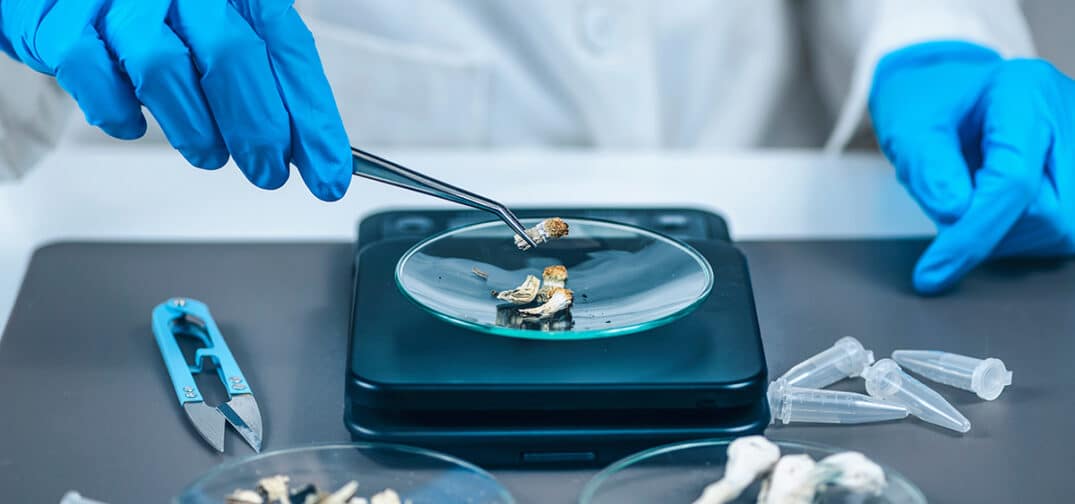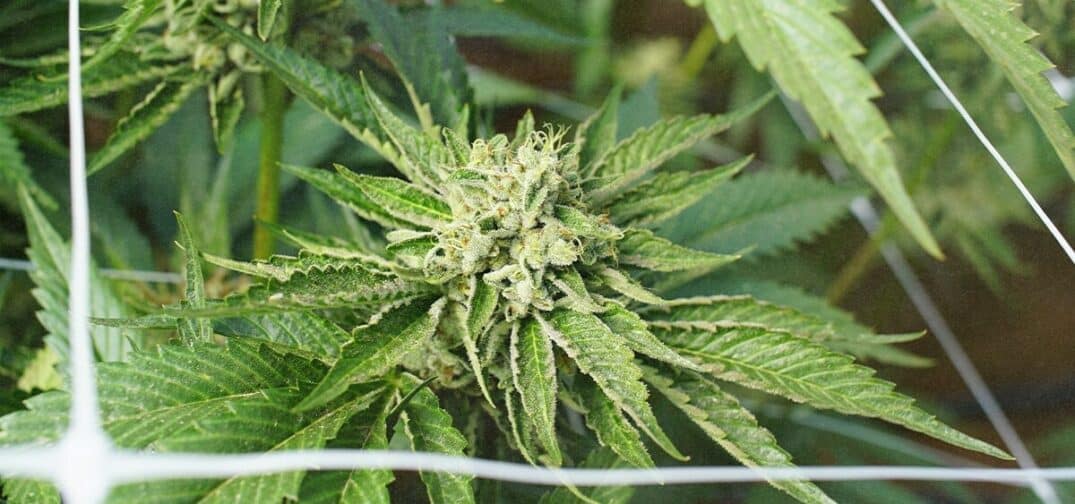A St. Louis, Missouri County Circuit judge last week ruled that municipalities can add – or stack – additional sales taxes on cannabis sales in the state, St. Louis Public Radio reports. The lawsuit was filed by Robust Missouri 3 LLC, which saw the tax rate at its Florissant dispensary rise to 14.988% after both the city and St. Louis County approved 3% sales taxes on adult-use cannabis in April 2023.
The constitutional amendment that legalized adult-use cannabis sales in the state included a 6% statewide excise tax while also authorizing “any local government” to charge a sales tax of up to 3%.
In its lawsuit, Robust questioned whether the law intended for local governments to be able to impose a maximum of 3% sales combined, or if they can each impose a 3% sales tax.
Judge Brian May ruled that both of the taxes are valid and that if the company’s “interpretation were accepted, then a municipality or city would essentially be given carte blanche to ignore any county ordinance or regulation, including those related to public health and safety wholly unrelated to the taxing issue.”
In the ruling, May noted that there is no court precedent on the issue, so he interpreted the intent of the law as a whole rather than “in isolated parts.”
In a statement following the ruling, Andrew Mullins, executive director of the Missouri Cannabis Trade Association, said that the high tax rate “only helps the illicit market” which he said “deprives Missouri veterans and substance abuse programs of needed revenue.”
Robust has already filed an appeal.
End



